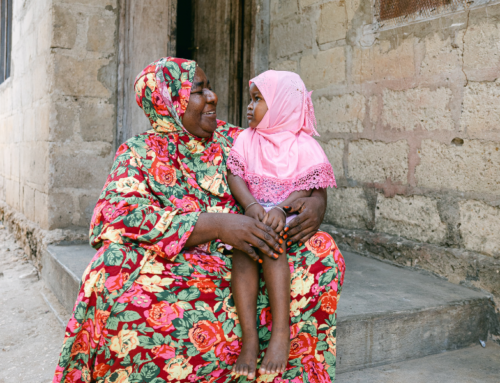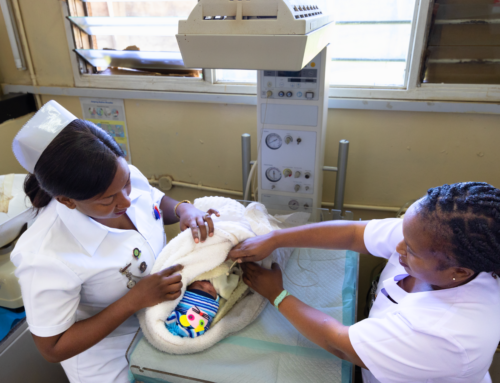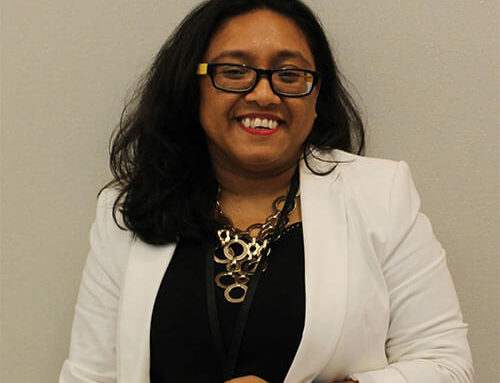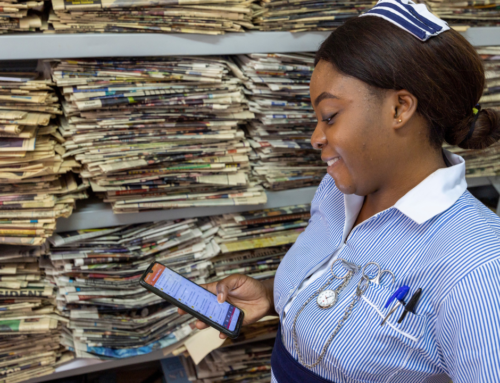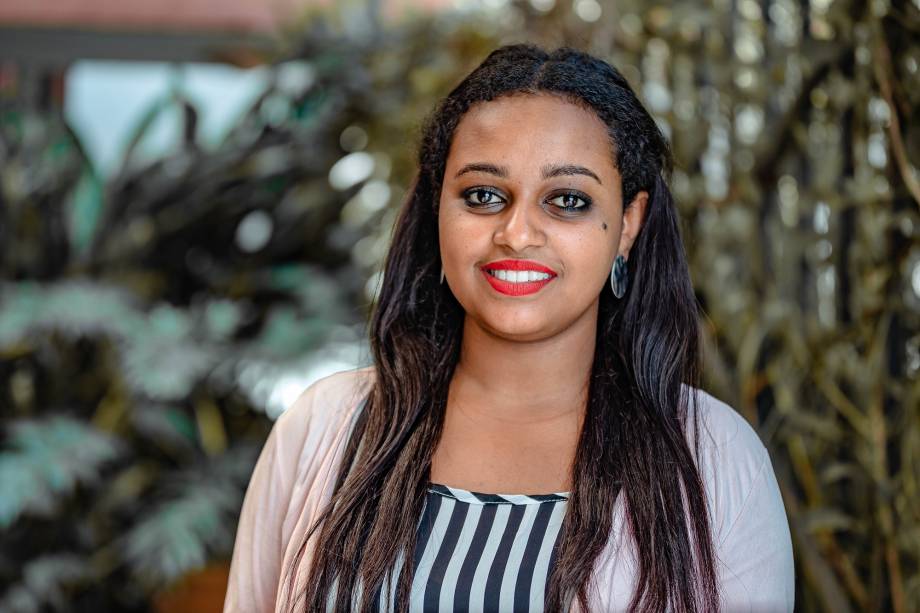
Meet Hiwot Girma, a #NoMoreViolence Champion from Ethiopia:
“My name is Hiwot. I’m a 26-year-old clinical pharmacist working at Ghandi Memorial Hospital as a drug information focal person. This is a specialized hospital that focuses on maternal and neonate childcare. I also volunteer at the hospital’s gender-based violence centre where I provide people who have been raped guidance, care and comfort, along with medical advice.
I currently live with my brother and father because girls and women cannot leave their family household before they marry, even in the capital city. Although most people are stuck at home [because of COVID-19], I must still go out for work.”
What work do you do with Amref Heath Africa?
“I work as a youth volunteer in the AYAP (Amref Youth Advisory Parliament), which advocates for meaningful youth involvement in project implementation. I’m also the new FGM [female genital mutliation] Champion, meaning I visit other Amref projects and share information about this practice.
Fortunately, I haven’t gone through FGM because my mom and dad knew about the negative consequences. Many people still do not know about the complications. Just because I did not go through the cut, it does not mean that I should not fight for my sisters.”
How has COVID-19 affected your area, especially in terms of gender-based violence (GBV)?
“In Addis Ababa GBV largely centres around rape. In more rural areas, FGM is also performed on girls. Lately it has been crazy in Addis Ababa – women and girls are getting raped, and the violence is increasing.
I think COVID-19 has impacted this, but the government doesn’t know the official reasons yet. Is it because everyone is at home or other factors? The Ministry of Women, Children and Youth Affairs is currently researching why the rape of women and girls is rising.”
How has COVID-19 affected you and your work with women and girls?
“At work, we have emergency triage corners set up. A nurse will take your temperature and test expecting mothers for COVID-19 when they enter. We always wear masks and gloves to give out medication, so nothing has changed there.
As I mentioned, rape cases in the city are increasing. My role is listening to women and girls about their experiences and the emotional impact. They are supposed to take HIV prophylaxis – a medication intended to help prevent HIV – as well as medicines to treat possible exposure to other STDs. So I also share information about those medicines and counsel them on their use”.
What motivates you to be an FGM Champion and fight against GBV?
“Because girls and women, I believe, should have equal opportunities. FGM is taking women and girls back – FGM causes sexual dysfunction, complications during childbirth, and things like anaemia. It also increases the risk of HIV due to exposure to unhygienic conditions.
We shouldn’t forget the medical side of it either. I heard from another medical professional that sometimes young women do not even know that they have been cut. One young woman did not know until she met a guy and decided to have a sexual relationship. Shockingly, sexual intercourse resulted in her bleeding to death. This could have been avoided.
It’s not fair that women go through these things. There’s no need. We need to make it safer for women and girls. If we cannot protect and include women, we cannot achieve the things we want to accomplish as a country or a continent. That is why I am passionate about participating.
We should not be afraid to fight FGM. Everyone should be responsible – whether they live in cities or the countryside. I believe everybody should say no to gender-based violence, and everybody should come together to fight it.”
Learn more about our work to slow the spread of COVID-19 in Africa, and see what you can do to help

